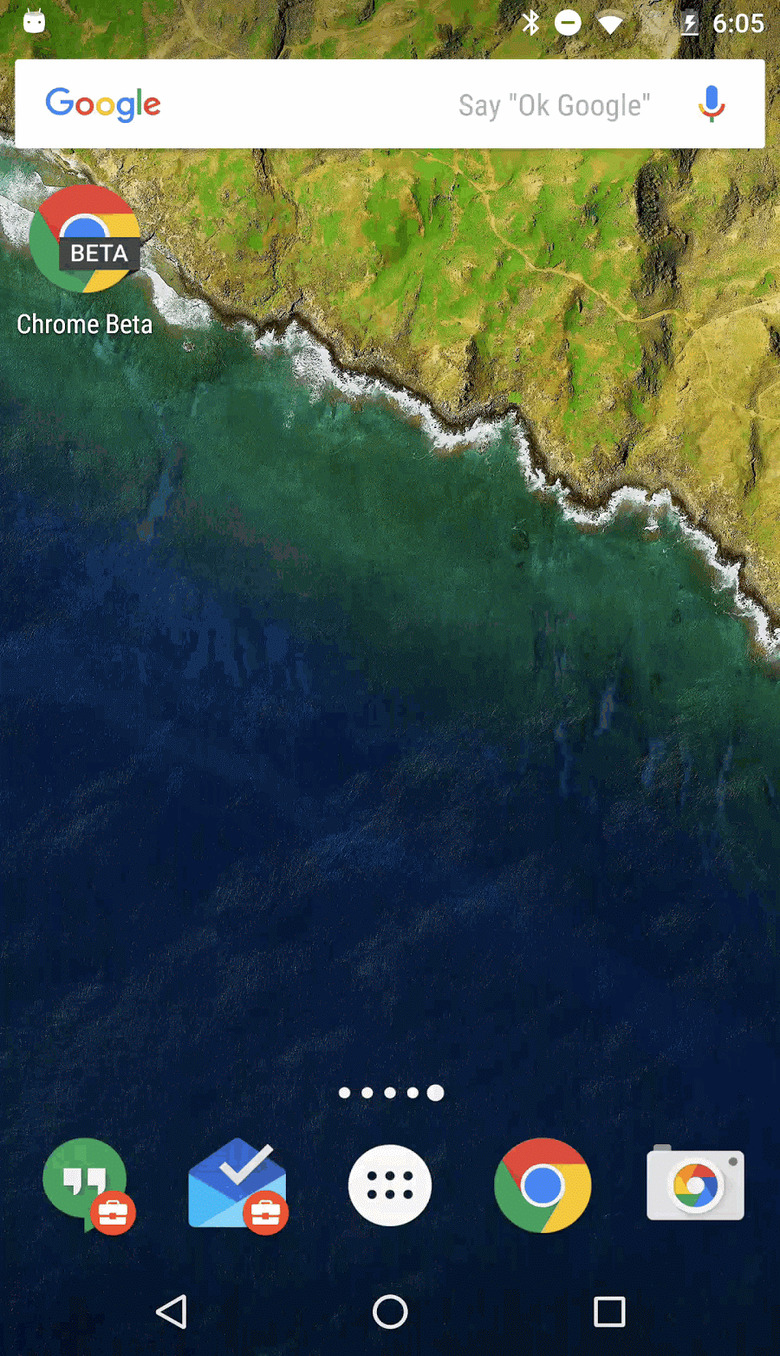Google bakes IoT beacon support into Chrome for Android
Google is set to further blur the lines between the real world and the digital one, integrating beacon support into Chrome for Android. Initially to be included in the beta channel for those testing pre-final versions of the mobile browser, but eventually set to be released for all users, the new functionality will allow Chrome on Android smartphones to spot and react to Bluetooth-based "Physical Web" markers around them.
The "Physical Web" is Google's vision of how digital content can be given geographical location, with URLs specific to that location shared to anybody in close proximity. To do that, Google developed Eddystone, an open-source low-energy Bluetooth beacon standard, released last year.
Eddystone has two primary goals, first to inform mobile devices of exactly where they are currently located and what's nearby, and second to link a physical location with online data. Working with Android, iOS, and other platforms, rather than require a specific, Google-made beacon, third-party hardware can be certified to be compatible with the system.
That's the broadcast side, at least, but for Eddystone to operate properly it also needed the mobile device itself to be looking out for the signals. Google had experimented with using Google Maps for that, with a trial whereby bus stops could notify nearby phones as to their current schedule and routes, but building Physical Web support into Chrome is likely to exponentially increase its adoption.
When someone walks past a beacon using Chrome for Android, Google says, on the first occasion they'll get a Physical Web notification alerting them to the functionality they could turn on.

Once that's done, any future beacon they pass will provide a list of nearby URLs in the notification bar. Since that could get annoying as beacons themselves proliferate, Google has made it so that the notifications don't vibrate.
Currently at least twenty beacon manufacturers have Eddystone-compatible devices, including Estimote, Gimbal, and Kontakt.io. The idea is to give physical objects and locations a web address, whether that be an aisle in a store, a point of interest for tourists, or even something hyper-specific like a pet collar.
Rather than demanding that each of those have a custom app, which could be time-consuming and costly to build and maintain, the content would all be web-based.
Google says that the functionality will be included in Chrome for Android version 49, though you'll need to be among the beta group in order to get it initially.
SOURCE Google
